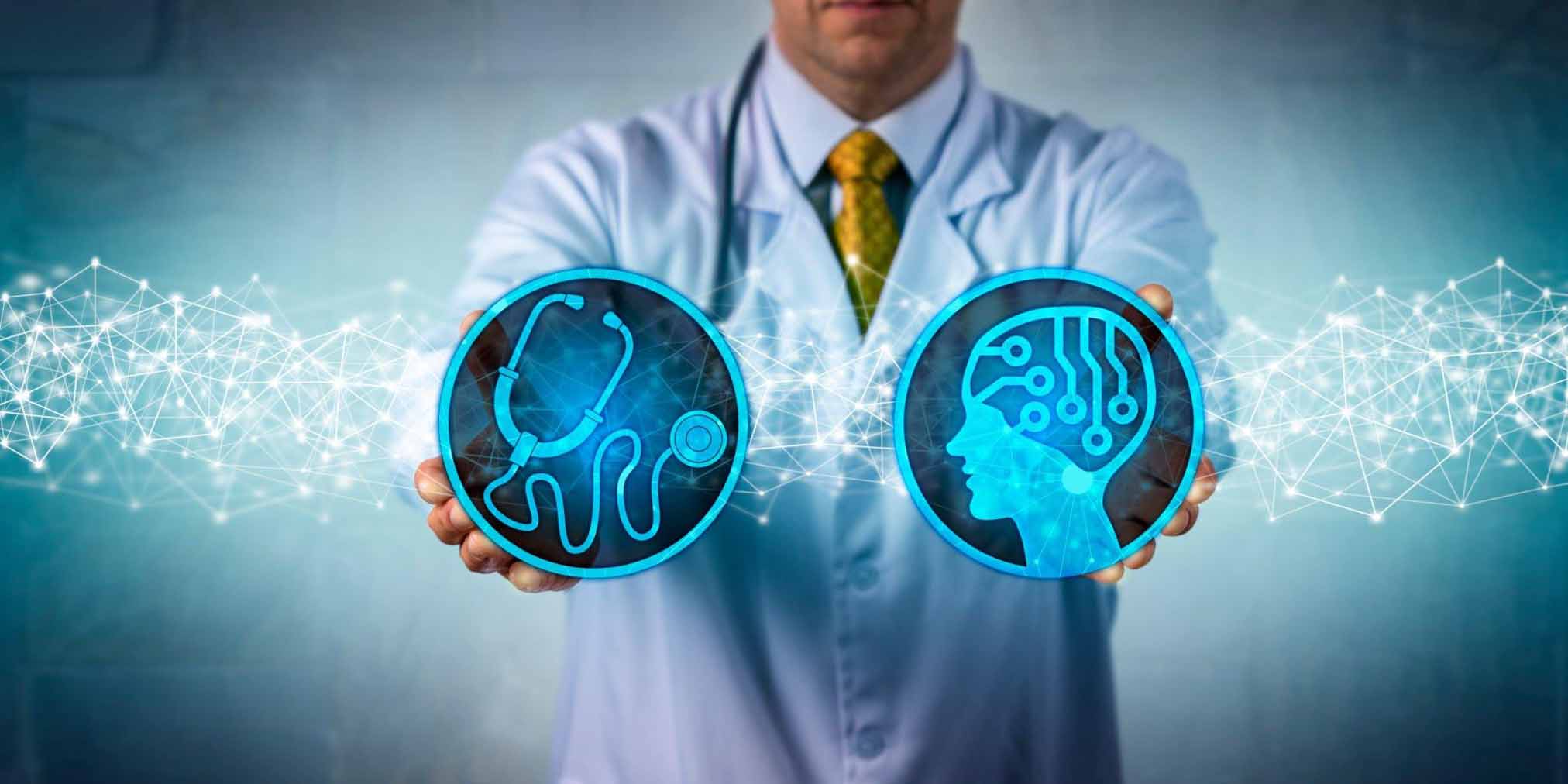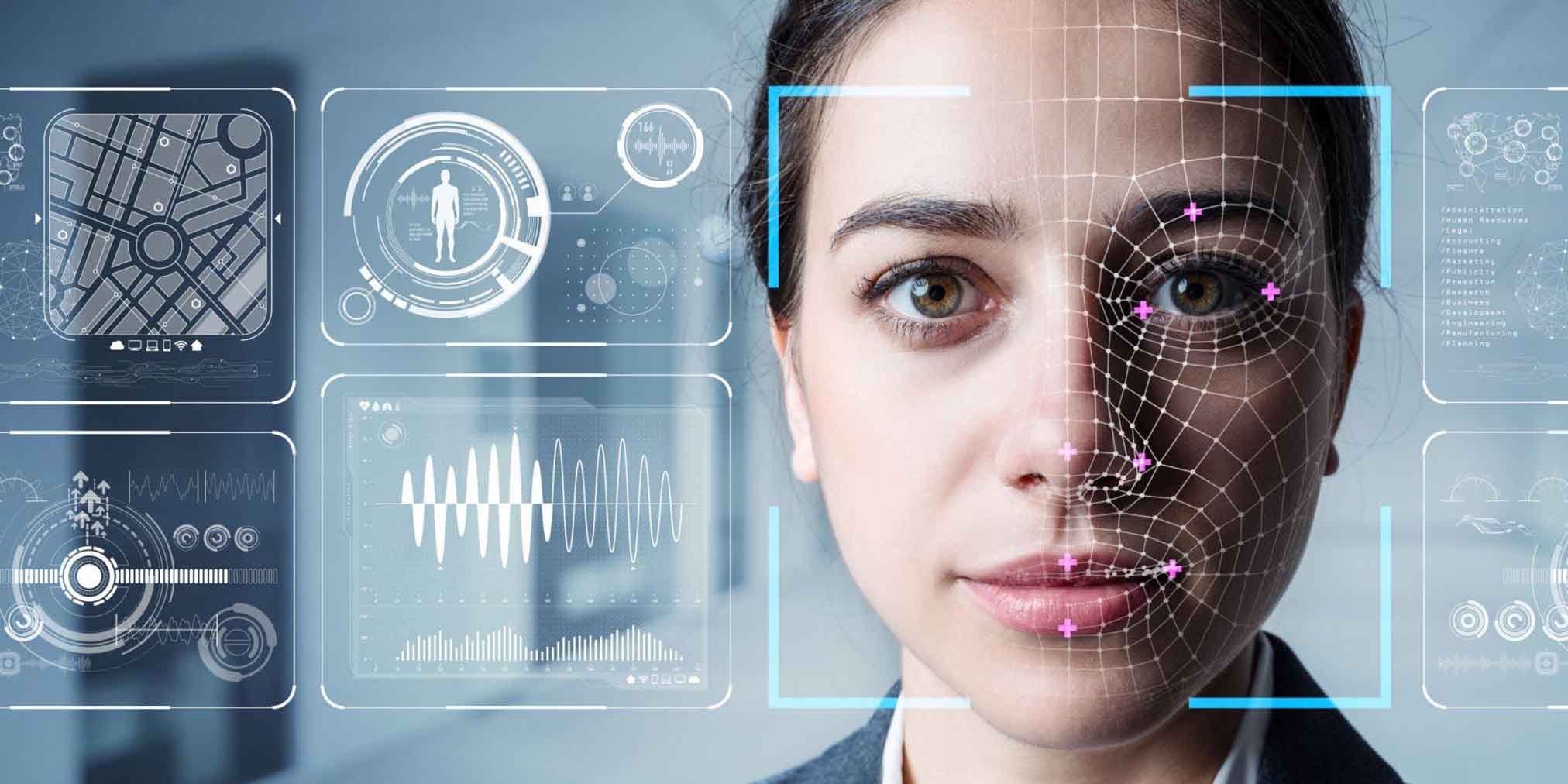

August 5, 2023
Why Machine Learning is Important?
Machine learning is a type of artificial intelligence that involves training algorithms to recognize patterns in data and make predictions or decisions based on those patterns. This computer science area focuses on creating models and algorithms that learn from data without explicit coding.
Machine learning algorithms analyze data using statistical techniques to find patterns and relationships when making predictions or decisions. Text, pictures, and numerical data are just a few of the many types of data that may be used to train these algorithms.
What are the different types of machine learning?

In supervised learning, algorithms are given labeled training data and the task of looking for correlations between particular variables. The algorithm’s input and output are both preset.
Unsupervised learning, in contrast, involves teaching algorithms on unlabeled data and letting them look for significant connections on their own. The training data and the predictions or suggestions the algorithms produce are predefined.
Semi-supervised learning combines aspects of both supervised and unsupervised learning. Data scientists may provide mostly labeled training data, but the algorithm can also explore the data and develop its understanding of the data set.
Machines are taught to accomplish multi-step, well-defined-rule operations using reinforcement learning. Data scientists program the algorithm to perform a task, using positive or negative feedback to help it learn how to complete the task. However, the algorithm largely chooses which actions to take at each stage.
Benefits of Machine Learning
Machine learning is focused on the development of algorithms that enable machines to learn through experience. This kind of learning has quickly become an essential tool for companies and organizations across a wide range of industries.
The benefits of machine learning vs deep learning are numerous. It includes increased efficiency, greater precision, and improved decision-making capabilities. Machine learning enables machines to analyze extensive data and detect intricate patterns, surpassing what manual analysis alone can achieve.
This ability has unlocked new levels of productivity and innovation in a wide range of fields, from healthcare to finance to transportation. Technological advancements have made machine learning indispensable for organizations seeking a competitive edge.
Applications of Machine Learning
Healthcare

Machine learning has the potential to revolutionize the healthcare industry. It can be used to predict and detect diseases, develop personalized treatment plans, and improve the efficiency of medical diagnoses.
For example, machine learning algorithms can be trained to analyze electronic health records and patient data to identify patterns in the development and progression of diseases. This can lead to early diagnosis and preventative measures.
Additionally, ML can help healthcare providers identify the most effective treatments for individual patients by analyzing their health data. With the advent of wearable technology and mobile health apps, ML can also monitor patient health in real-time. It alerts physicians to potential issues before they become critical.
As the healthcare industry continues to embrace technological advancements, ML will undoubtedly play a vital role in improving patient care.
Autonomous Driving and Robotics
Machine learning has transformed the way we approach autonomous driving and robotics, revolutionizing the way we interact with and use technology. Machine learning enables the development of software and hardware components with human-like behaviors and intelligence.
For instance, conversations about self-driving cars and the use of drones to make deliveries have been around for some time. However, it isn’t until recently that the widespread use of machine learning has made software-driven automation possible.
These advances have contributed to a safer, more efficient world where cars can drive themselves, and robots can be used to complete dangerous or repetitive tasks. With machine learning leading the way, the possibilities in autonomous driving and robotics are limitless.
Banking and Finance
Types of Machine learning have revolutionized the banking and finance sector. It enables institutions to extract valuable insights from large data sets and make informed decisions. This technology has been applied to various financial processes, including fraud detection, credit scoring, and investment management.
By analyzing transactional behaviors, machine learning algorithms can identify patterns indicative of fraudulent activities. It prevents potential losses and protects both the bank and its customers. Moreover, banks can more accurately assess a borrower’s credit risk through automatic credit scoring and make more informed lending decisions.
In investment management, machine learning algorithms analyze market trends and past performance to effectively identify and mitigate financial risks. With machine learning technology, banks and financial institutions are well-equipped to face modern challenges.
Image Recognition/Computer Vision

Machine learning has made exceptional strides in applications such as image recognition and computer vision. By combining AI with sophisticated algorithms, computers can analyze and interpret visual data in ways that were once unimaginable. Today, machine learning technology is used in various industries, from biology and medicine to gaming and marketing.
The most impressive aspect of ML in image recognition is its ability to learn over time. The more data it analyzes, the more precise it becomes in identifying features and patterns.
As a result, machine learning has tremendous implications for industries like retail, where images can be analyzed to identify products. With continued advances in this technology, we can only expect ML to continue to revolutionize the way we interpret and interact with visual data.
Customer Service Automation
As technology continues to advance, more and more companies are turning to machine learning to automate their customer service processes. Businesses can now offer chatbots that can identify customer inquiries and respond with relevant answers.
These chatbots can be trained to handle a wide range of customer service tasks, such as appointment scheduling, order tracking, and general inquiries. It frees up human customer service representatives to focus on more complex issues that require a personal touch.
Customer service automation with machine learning is gaining popularity due to its potential to enhance customer satisfaction and reduce staffing costs.
Security and Surveillance
With the advent of big data and AI, machine learning algorithms have found a wide range of applications in the realm of security and surveillance. From facial recognition systems to predictive policing, ML is changing the way we monitor our environments.
Machine learning excels in processing massive data sets, allowing predictive models to identify otherwise unnoticed patterns and anomalies. In cybersecurity, machine learning analyzes real-time network traffic data to detect and prevent cyber-attacks effectively.
With these applications and more, the potential for ML to improve security and surveillance is vast, and we can expect further developments in the years to come. In conclusion, ML is an essential aspect of modern technology that enables computers to learn and improve from their experiences without being programmed explicitly.
With the rapid growth of big data, machine learning has become more critical in managing and understanding the vast amounts of information generated each day. It’s safe to say that machine learning is the future of technology and will continue to shape the way we live and work.







